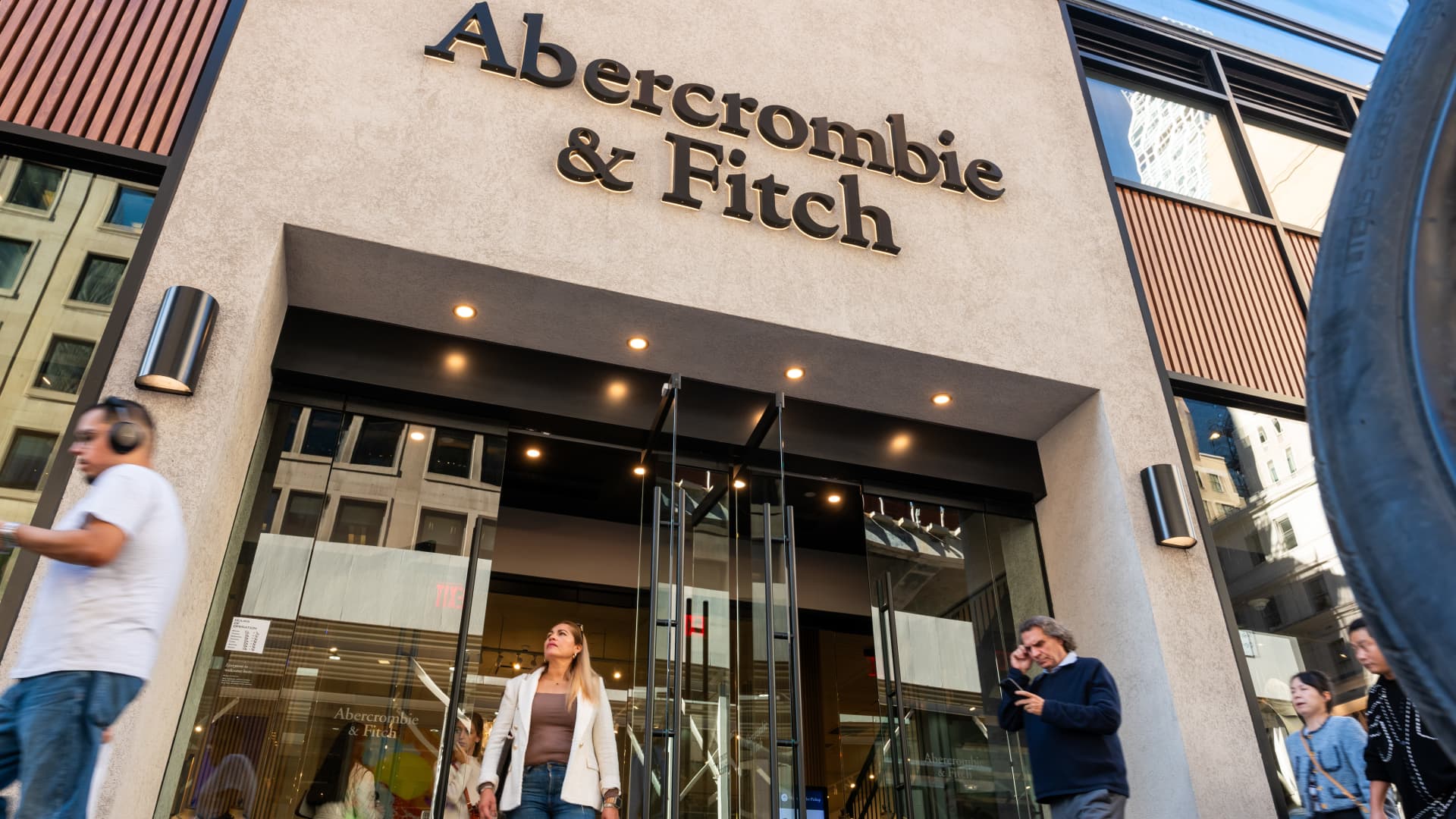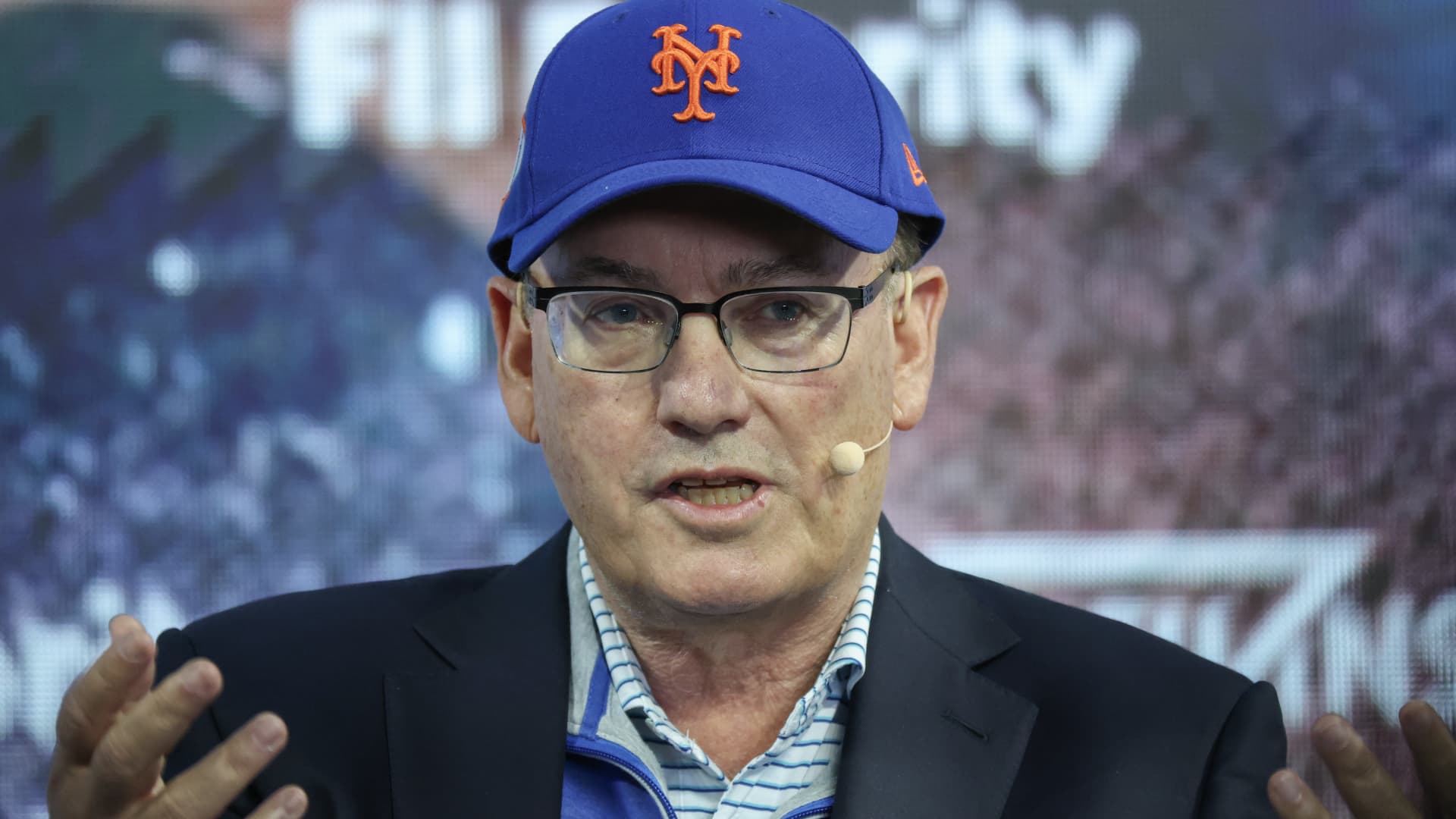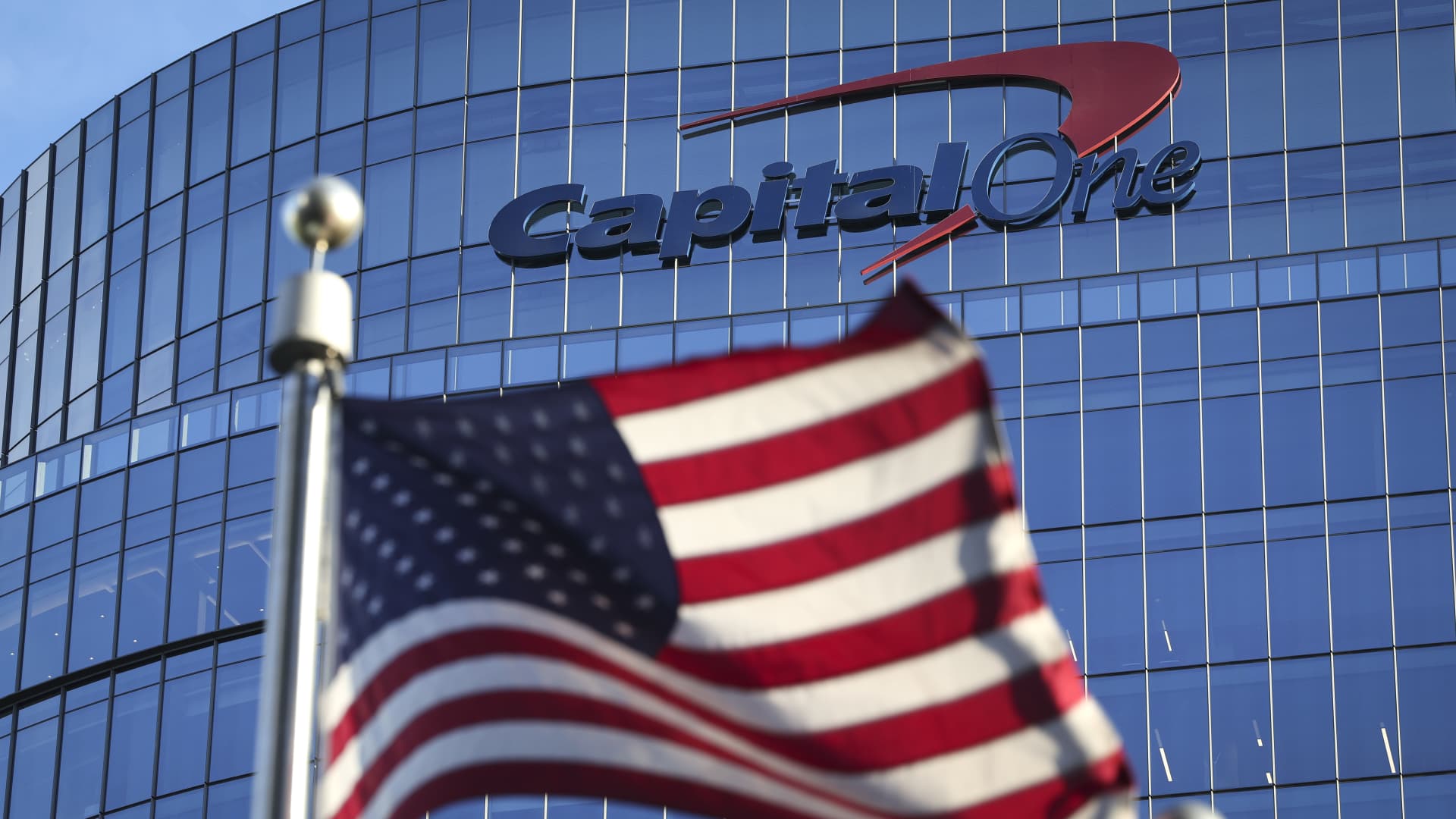Finance
Stocks making the biggest moves premarket: ANF, PINS, HHH
-

 Economics1 week ago
Economics1 week agoChina risks deeper deflation by diverting exports to domestic market
-

 Personal Finance5 days ago
Personal Finance5 days agoHow consumers prepare for an economic hit
-

 Personal Finance1 week ago
Personal Finance1 week agoI bonds investments and Trump’s tariff policy: What to know
-

 Personal Finance5 days ago
Personal Finance5 days agoReal estate and gold vs. stocks: Best long-term investment
-

 Economics6 days ago
Economics6 days agoAndrew Bailey on why UK-U.S. trade deal won’t end uncertainty
-

 Economics6 days ago
Economics6 days agoThe president has deleted a key tenet of American civil-rights law
-

 Economics6 days ago
Economics6 days agoTrump knocks down a controversial pillar of civil-rights law
-

 Economics6 days ago
Economics6 days agoOne of the most controversial executive orders will shortly land at SCOTUS










